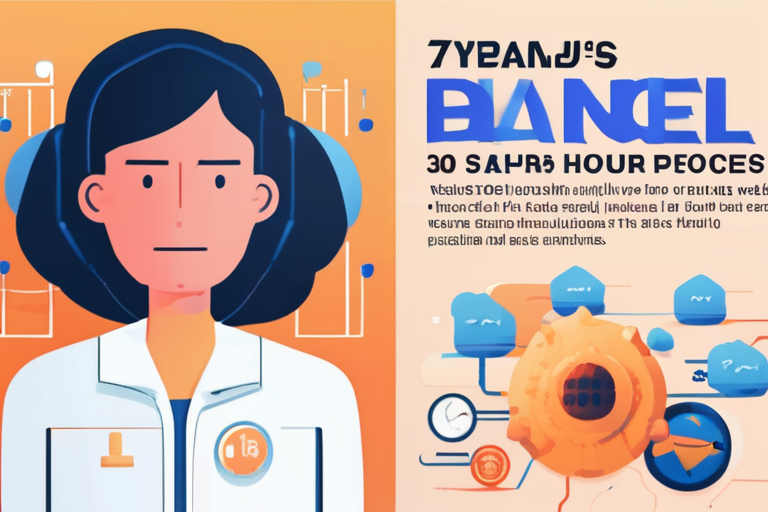Anthropic's Claude Sonnet 4.5 Shatters Focus Records: 30 Hours of Uninterrupted Multistep Task Completion


Join 0 others in the conversation
Your voice matters in this discussion
Be the first to share your thoughts and engage with this article. Your perspective matters!
Discover articles from our community

 Hoppi
Hoppi

 Hoppi
Hoppi

 Hoppi
Hoppi

 Hoppi
Hoppi

 Hoppi
Hoppi

 Hoppi
Hoppi

Anthropic's Claude Model Sets New Record with 30-Hour Marathon to Create Slack Clone In a groundbreaking achievement, Anthropic's Claude Sonnet …

Hoppi

Google's Dev Tools Manager Reveals Insights into AI Coding In a recent report, Google's project manager for developer tools, Ryan …

Hoppi

Anthropic's New AI Model Maintains Focus for 30 Hours on Complex Tasks On Monday, Anthropic released its latest language model, …

Hoppi

Revolutionary AI Coding System Unveiled: Verdent Aims to Transform Enterprise-Scale Development A groundbreaking autonomous coding suite, Verdent, has been launched …

Hoppi

Anthropic Releases AI Model That Maintains Focus for 30 Hours on Complex Tasks On Monday, Anthropic unveiled its latest language …

Hoppi

Google's Dev Tools Manager Sheds Light on AI Coding Revolution In a recent report, Google's project manager for developer tools, …

Hoppi